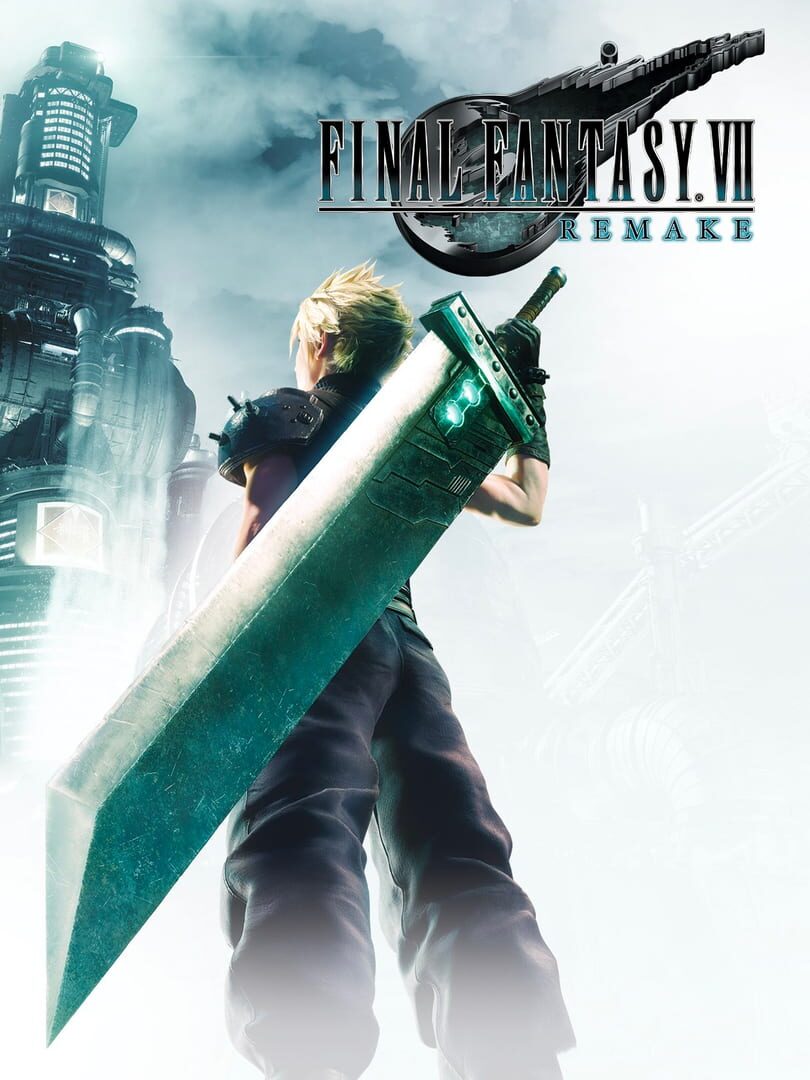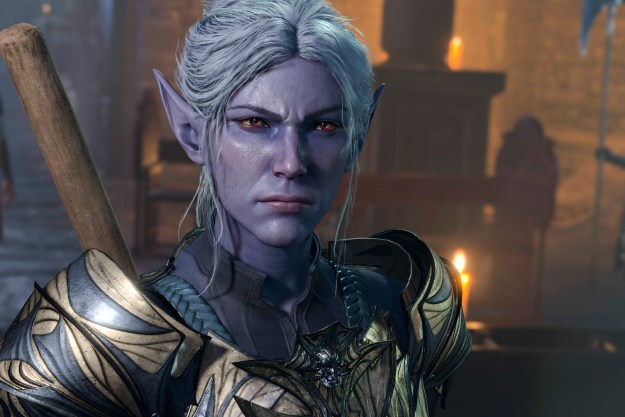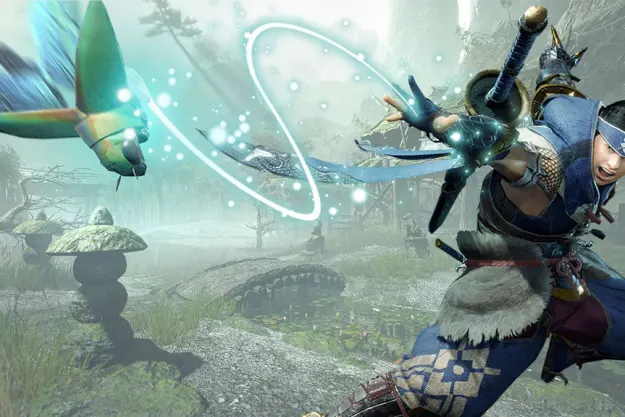While the role-playing game (RPG) has become a catch-all genre, now encompassing an almost silly range of games that don’t share much in common, there was one video game franchise in the 1980s that was the quintessential RPG. Yes, we’re talking about Final Fantasy from Square Enix.
The fantasy Japanese RPGs debuted on the Nintendo Entertainment System (NES) in 1987, but they became cultural touchstones in the ’90s as Super Nintendo games. From there, the series made an incredibly successful jump to 3D on the PlayStation 1 before the mainline series started to take more risks, including the elimination of turn-based battles and massively multiplayer online game (MMO) entries, and the latest game, Final Fantasy XVI, becoming a full-on character-action game.
If you’re just getting into Final Fantasy, though, where do you start? Most Final Fantasy games are at the very least good, while many are great — and others are masterpieces which is why we decided to rank all of the best Final Fantasy games.
Final Fantasy VI

Final Fantasy VII

Final Fantasy X

Final Fantasy VII Remake

Final Fantasy IX

Final Fantasy XIV Online

Final Fantasy XII

Final Fantasy XVI

Final Fantasy XVI, on the surface, might not even look like a Final Fantasy game. Other entries have been fully real-time before, but never quite as action-oriented as this. With staff consisting of those who previously worked on character-action games, specifically, Devil May Cry, Final Fantasy XVI plays like no other entry in the series and is far lighter on the typical JRPG mechanics most would expect. While that is a matter of taste, the story is a bit more of a mixed bag. It has great potential, and a very strong opening, but fails to maintain that level of quality and intrigue for its entire duration. Still, as an entry point to the series, or for those who want a fantasy game that is more active than other entries, this is a satisfying title to get engrossed in.
Final Fantasy XV

Final Fantasy IV

Final Fantasy II

Final Fantasy VIII

Final Fantasy V

Final Fantasy III

Final Fantasy

Final Fantasy XIII

Final Fantasy XI Online

Editors' Recommendations
- Tribeca Games 2024 will feature 7 games and a Final Fantasy 7 panel
- When will Final Fantasy 7 Rebirth be on PC?
- How long is Final Fantasy 7 Rebirth?
- Final Fantasy 7 Rebirth: Queen’s Blood tips and tricks
- The best armor in Final Fantasy 7: Rebirth







